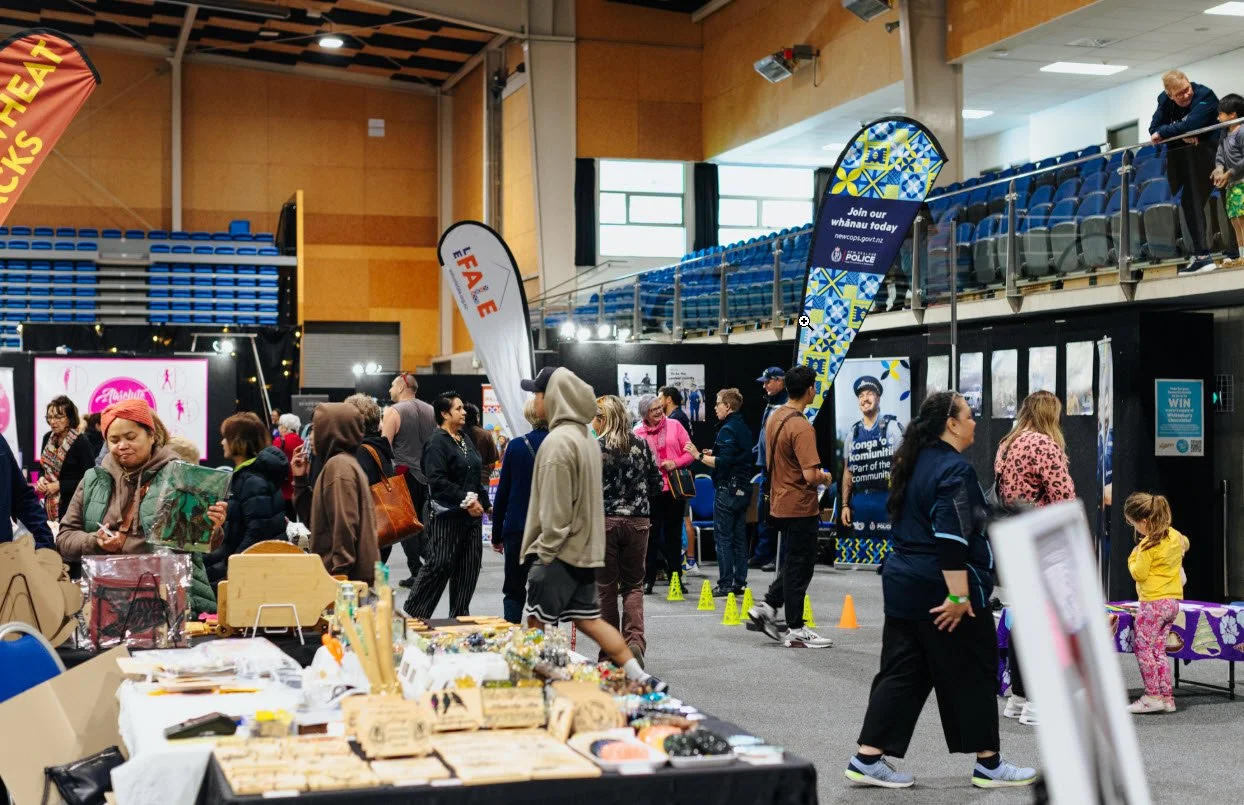Seatoun Tunnel’s new traffic signals will be tested next week (9-12 July) to check they work correctly. The new signals are at each end of the tunnel and will be used to control traffic during maintenance and improvement works and in the event of a major incident.
There’s a lot we have to check before the lights go operational,” says Wellington City Council Signals Project Manager Tim Kirby. “We’ll be doing the testing between 9am and 2.30pm to minimise any disruption. Once we’re happy that everything is working as it should, the signals will be turned off until such time as they are needed to help manage traffic during the installation of new interior lighting in the tunnel and earthquake strengthening work due to start in August.”
The new signals are a permanent fixture at both ends of the tunnel. When there are no works taking place in or near the tunnel, the signals will be turned off.
There is a traffic camera located at the Seatoun entrance to the tunnel and within the tunnel so we can monitor traffic flows and alter the phasing to deal with the busy morning and evening peaks,” says Tim. “The cameras are also there to ensure that people observe the road rules and stop when the lights are red.”
Once the signals are operational work can start on the installation of state-of-the-art LED interior lighting and emergency lighting. The quake-strengthening work will also start.
Work starts in earnest in August and is expected to be complete by mid-2020. “This is a major project and will make the tunnel safer and more resilient in an earthquake,” says Faiz Tawfeek, the Council’s Structures Team Leader. “We’ll be able to do most of the work between 9am and 3.30pm when traffic levels are lower and we’ll try to limit weekend work.” The project includes strengthening the tunnel portals and retaining walls and repointing, cleaning and painting the brick tunnel interior.
While crews are working the tunnel will be down to one lane and all traffic (including cyclists) controlled by the traffic signals. Pedestrians and cyclists will be able to use the tunnel throughout the project but at times they will have to wait and be guided through.
“We’ll have electronic signage at both tunnel entrances to let people know what’s happening,” says Faiz. “We’ll also communicate directly with nearby residents and businesses, particularly when we have noisy work such as drilling to do.”
Installing the new interior lights will require the tunnel to be closed and traffic detoured. “We’ll do this work at night when the number of people needing to travel through the tunnel is significantly less than during the day,” says Faiz. “Rest assured we will let everyone know when we have to detour traffic.”
-WCC





